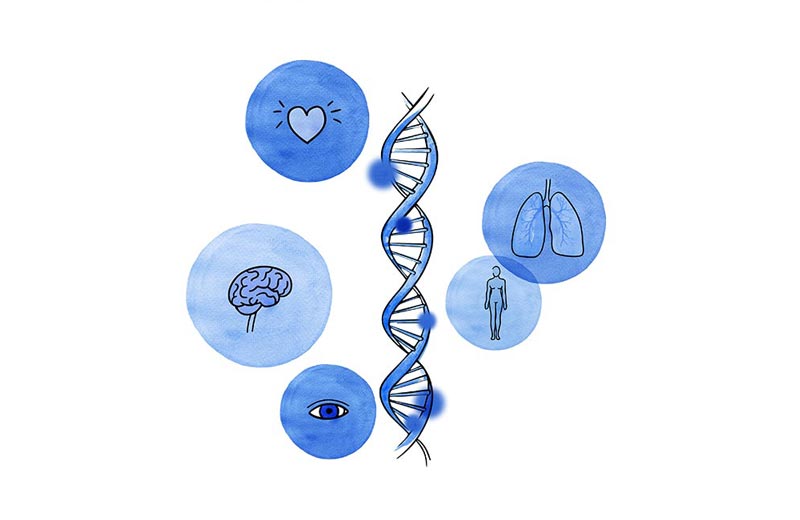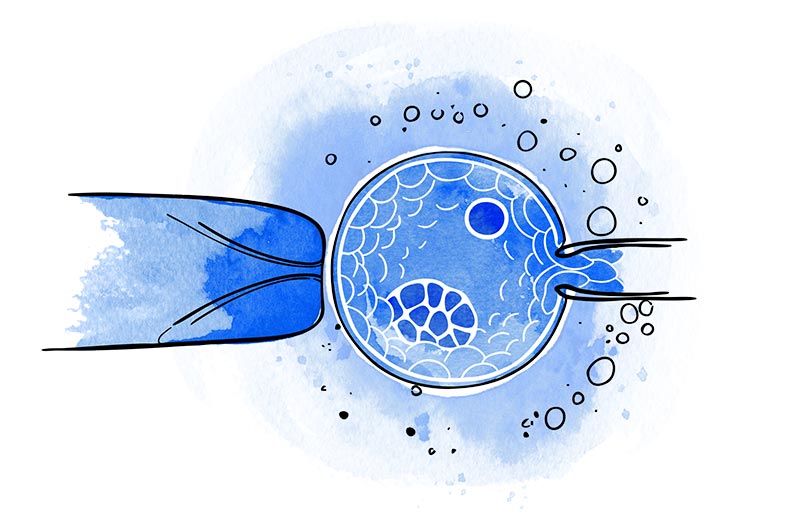Book now
Book now

The preimplantation genetic testing or PGT allows us to study the chromosomes and genes of the embryos. Chromosomes are located in the nucleus of the cells of our body (including the cells that form the embryo) and are composed of DNA: a complex molecule that contains the genetic information for the development and functioning of the organism.
To perform PGT, it is necessary to undergo in vitro fertilisation (IVF) treatment, which allows embryos to be produced in the laboratory. These embryos are cultured for 5 or 6 days until they reach the blastocyst stage, biopsied and then frozen while awaiting the results of the genetic test.

The biopsy involves extracting a few cells from each embryo in order to analyse its genetic material. This facilitates the detection of abnormalities in the number or structure of their chromosomes, as well as the constitution of specific genes.
Once the results have been obtained, we can differentiate healthy embryos from those with abnormalities that would lead to embryo implantation failure, miscarriages or the birth of children with serious illnesses.
-Repeated miscarriages
-Advanced maternal age
-Previous failed IVF
-Poor sperm quality
-Altered karyotype
-Monogenic diseases
the endometrium will be prepared and the embryos without detected anomalies will be thawed and transferred to the uterus, thus increasing the probability of achieving pregnancy and, above all, of having a healthy baby at home.